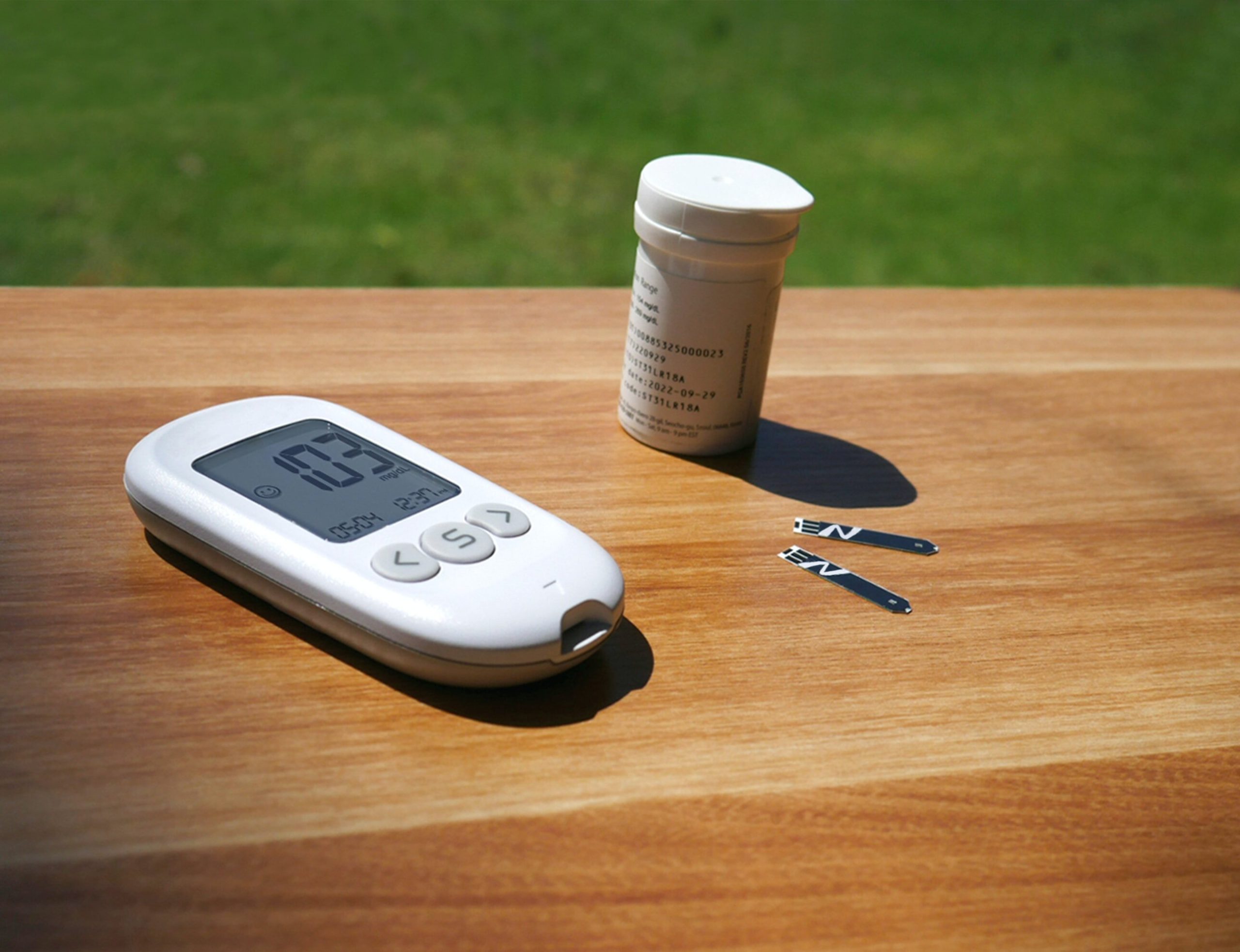Young people with severe obesity who underwent weight-loss surgery at age 19 or younger continued to see sustained weight loss and resolution of common obesity-related comorbidities 10 years later, according to results from a large clinical study funded by the National Institutes of Health (NIH).
Study participants with an average age of 17 underwent gastric bypass or sleeve gastrectomy weight-loss surgery. After 10 years, participants sustained an average of 20% reduction in body mass index (BMI), 55% reduction of type 2 diabetes, 57% reduction of hypertension, and 54% reduction of abnormal cholesterol. Both gastric bypass and sleeve gastrectomy had similar results.
The 55% reduction in type 2 diabetes was much higher than the rates observed in adults after weight-loss surgery (18% at seven years and 12.7% at 12 years) in a recently published NIH-funded study.
Type 2 diabetes tends to progress more rapidly when it occurs in young people, and these findings demonstrate the greater health benefits and durability of bariatric surgery in youth than would be expected in similarly treated adults.
The study, known as Teen Longitudinal Assessment of Bariatric Surgery (Teen LABS), was supported by NIH’s National Institute of Diabetes and Digestive and Kidney Diseases (NIDDK) through grants DK072493, DK072493, DK095710 and NIH’s National Center for Research Resources and the National Center for Advancing Translational Sciences Clinical and Translational Science Awards Program grants TR000077 and TR000114.
Data related to these findings are available for request at the NIDDK Central Repository.

